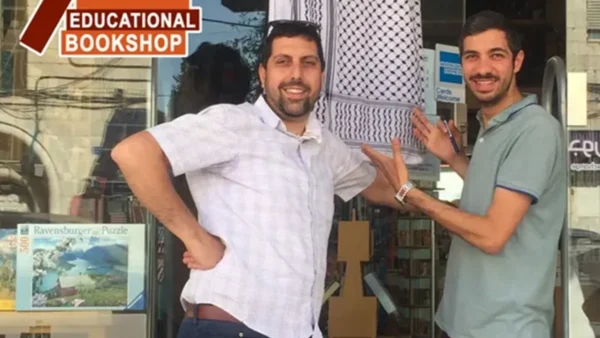So the Cutty sark, a famous 19th-Century ship that’s become something of a tourist landmark in Greenwich, caught fire this morning. I was up early this morning listening to the radio and was mildly sad when I heard the news. Like most children who grew up in London, I was taken around the Cutty Sark on my summer holidays more than once, although my memories of it are pretty vague and I’ve had no interest in going again since I’ve been old enough to choose how I spend my time.
I seem to be in the minority, however. The radio show was inundated with calls from distraught Londoners sharing their grief and complaining that they “just can’t believe it” and are “just so sad” because this was “just part of London” and they “just can’t get over it” and “just can’t believe how someone could do this” (early reports indicated it was arson).
Now I’m sure some people do have really intimate memories of the Cutty Sark — maybe they met their future life partner on it, or lived around the corner and saw it every day, or something. Fine. But I’m willing to bet hard cash that most of the people calling in and posting comments on forums have exactly the same limited connection to the Cutty Sark that I do. I’ll bet that they have not visited the Cutty Sark since they were children, except perhaps to drag their own bored children around it. And probably just after making their distraught phone calls and posting their anguished feelings on the internet, they made a cup of tea, went to work and forgot about the whole thing.
Why, then, the need to establish a connection with something almost completely irrelevant to our lives? The reaction reminded me instantly of all the people who cried over Princess Diana, claiming she was like a sister to them. Or, more recently, the hysterical reaction to the disappearance of a small child on holiday in Portugal. Of course all these events are sad. But why go further? When someone you don’t know dies or goes missing, why share with the world the fact that you are “praying for the family” (when you’re almost certainly not) and “just can’t believe it” (when clearly you can).
Perhaps it’s the utter alienation so many of us feel from the society around us. Perhaps we’re grasping for those bonds of community that sustained our ancestors for millennia but have been destroyed by the capitalist mode of production, if you believe Marx, or bureaucracy and industrialism if you believe Weber, or feminism and video games if you believe Jerry Falwell.
The feeling of caring for others, of suffering when they suffer and feeling joy when they succeed, seems to be very important to us. Community, not competition, is what enabled human development. Without it we’d still be lone hunters and scavengers, or more probably we’d be extinct. So perhaps the real question is not why we keep reverting to it even when it doesn’t mean anything any more, but why we have decided to organise ourselves in a way that seems utterly contrary to human nature.



There is 1 comment